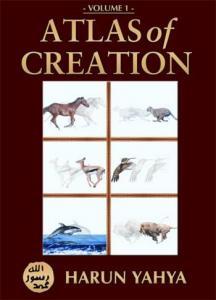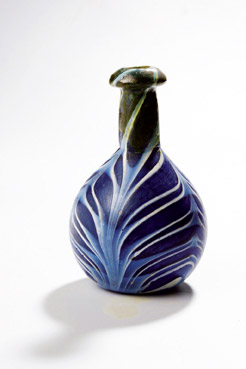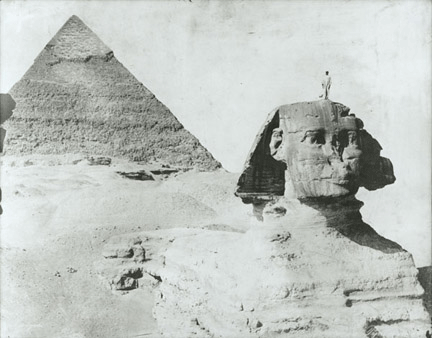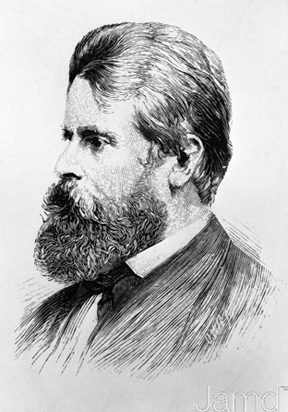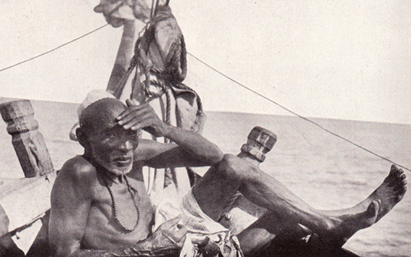
Sheik Issa Embarks on the ‘Altair’ for Arabia. He is honored and respected among the Danakil as a leader and saint. Not only was he a gracious host, but he offered to accompany the Altair’s party from the Somali coast over to Arabia, in order to afford them protection from pirates.
[Webshaykh’s Note: Much attention has been given to the Somali pirates loose in the Gulf of Aden. Piracy is no stranger to this corner of the Horn of Africa, nor to seafaring anywhere in history. Here is an excerpt by an American woman visiting the French Somaliland coast in 1930. Ms. Treat indeed provides a colorful narrative treat of her journey aboard a dhow captained by a French convert to Islam. The whole article is well worth reading, as the following excerpt suggests.]
by Ida Treat, The National Geographic Magazine, 1931
Wading through the warm lagoon, breast deep, we crossed the damp sand among the mangroves, treading down the rubbery shoots among which lay quantities of black sea snails, for it was low tide. Beyond the mangroves, the beach stretched bare and white to the four huts, bleached as driftwood, and of so light a construction it seemed that a puff of wind would scatter them across the sand.
Two downy baby camels, in a narrow inclosure of mimosa thorns, darted snakelike necks through the ranches as we passed. From the largest of the huts a man came toward us. I recognized Sheik Issa, whom I had sen at Obock, his lean torso bare, the wooden prayer beads about his neck, swinging across the sand with a vigorous, youthful stride, for all his sixty-odd years.
The day before he had sent the Altair from the heights of Djebel Ghin and had walked all night to be at Angar to welcome us. Continue reading Sailing Forbidden Coasts
